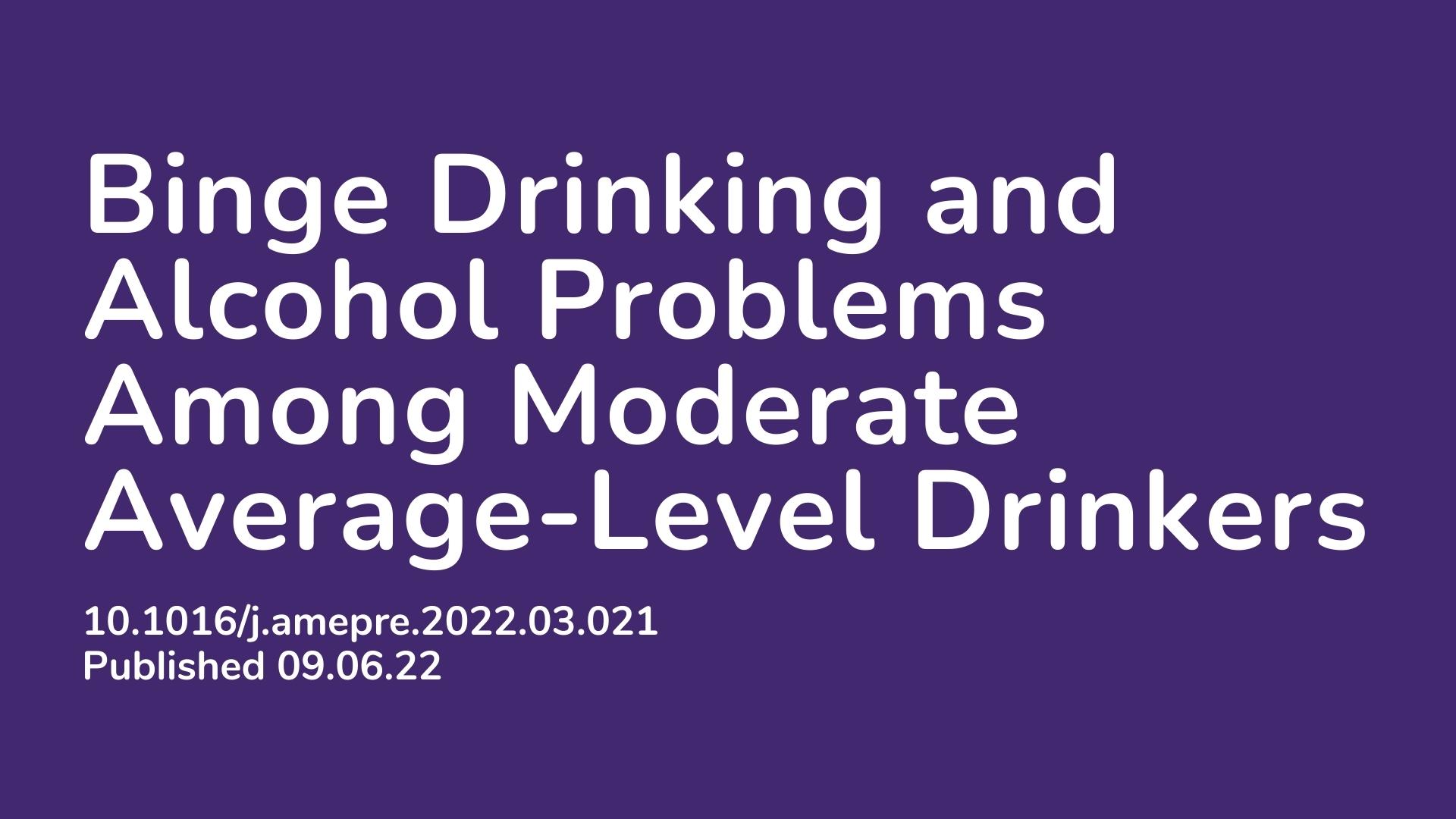Summary: According to this observational study, people who drink moderate amounts of alcohol are at a significantly higher risk of developing problems associated with alcohol consumption compared with those who drink the same amount of alcohol overall but don’t binge. After analyzing the patterns of 1229 current drinkers, the results showed that the moderate binge drinking cohort were almost five times more likely to encounter problems associated with alcohol consumption and were twice as likely to encounter more of these alcohol related problems nine years later. What this means is that someone who drinks seven drinks on Saturday night but none during the week has a higher risk of emotional, physical or health related complications than someone who drinks one standard drink every night of the week, despite not binging. It is clear from this paper that research and policy focused on alcohol use needs to address patterns of consumption as well as average level of consumption.
Abstract:
Introduction: A significant amount of binge drinking among adults escapes public health scrutiny because it occurs among individuals who drink at a moderate average level. This observational study examined the role of a binge pattern of drinking in predicting alcohol problems among moderate drinkers in a U.S. national sample of adults.
Methods: Participants were 1,229 current drinkers aged ≥30 years from 2 waves of the study of Midlife Development in the United States, with a 9-year time lag (2004–2015) (analyzed in 2021‒2022). Negative binomial regression analyses were used to examine the number of alcohol problems, and binary logistic regression analyses were used to examine multiple (≥2) alcohol problems.
Results: Independent of the average level of drinking, binge drinking was linked with an almost 3 times increase in the number of concurrent alcohol problems and a 40% increase in the number of alcohol problems prospectively 9 years later. Moderate average level drinkers accounted for most cases of binge drinking and multiple alcohol problems. Among moderate drinkers, binge drinking was linked with a close to 5 times increase in concurrent multiple alcohol problems and a >2 times increase in multiple alcohol problems prospectively 9 years later.
Conclusions: These results substantially broaden an increasing recognition that binge drinking is a public health concern among adults. Moderate average-level drinkers should be included in efforts to reduce alcohol problems in adults. These findings are applicable to primary and secondary prevention of alcohol problems with the potential to advance population health.
Article Publication Date: 09.06.22
DOI: 10.1016/j.amepre.2022.03.021



